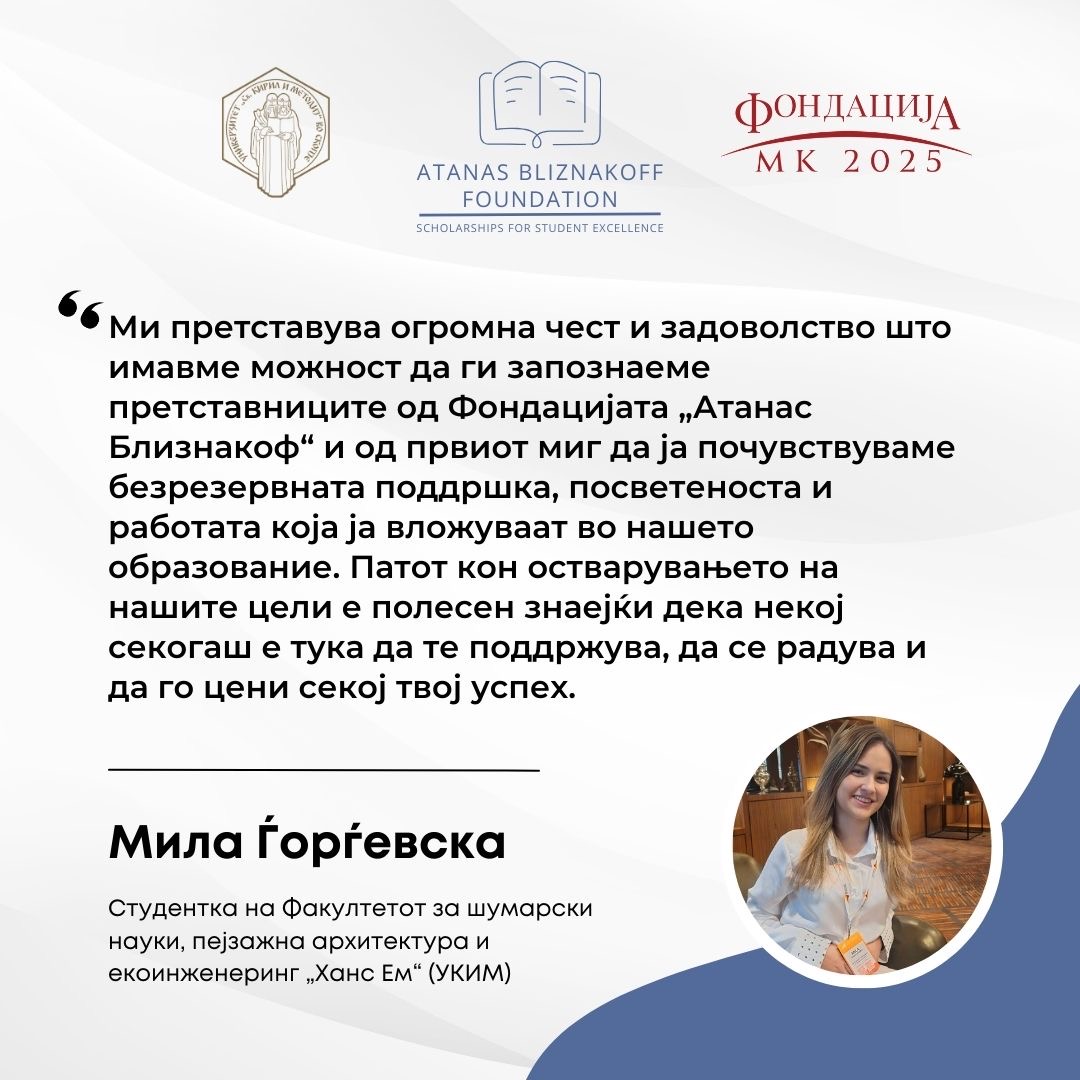QUALITATIVE STUDY AND INTEGRATED STUDY OF NON STANDARD FORMS OF EMPLOYMENT
News
Many non-standard forms of employment are not easily identified in labour force surveys or labour market registries. Disguised employment relationships and dependent self-employment; temporary agency work or other multiparty employment arrangements; platform work; and on call work may all be difficult to discern, or have characteristics that are difficult to discern, through standard labour force surveys or labour market registries. One way of dealing with this dearth of information is through primary data collection. In this regard, the ILO has commissioned Maceodnia2025 to undertake a field study and to prepare a report on the non-standard forms of employment in Macedonia. The filed study will be implemented through focus groups and semi-structured interviews both with workers engaged in non-standard forms of employment and employers who use such employment contract/arrangements. Moreover, interviews and focus group discussions will be held also with employers’ organizations and with workers’ organizations (trade unions). Some of the research questions include: What is the profile of people in the different contractual forms mentioned above?; Why are workers in this situation? Is it voluntary, because of greater flexibility, for example, or is it because no other options are available?; Why do firms avail themselves of the non-standard forms of employment above? Flexibility, to avoid taxes, nonwage costs?; Are workers happy with the situation?; What policies could lead to a reduction in non-standard forms of employment?; Do employers negotiate with worker organizations the scope of nonstandard forms of employment in the firm?
There are two main written outputs of the project: 1) Qualitative primary study (narrative report) with the main findings of the filed research and 2) Integrative report which will combine the findings from the economic analysis (analysis of the Labour Force Survey on non-standard forms of employment), a legal study and the qualitative primary study. The latter will also include policy recommendation. The Ministry of Labour and Social Policy will be the primary user of the reports and recommendations, which should feed into the new Labour Law that is currently under preparation.
Related News












